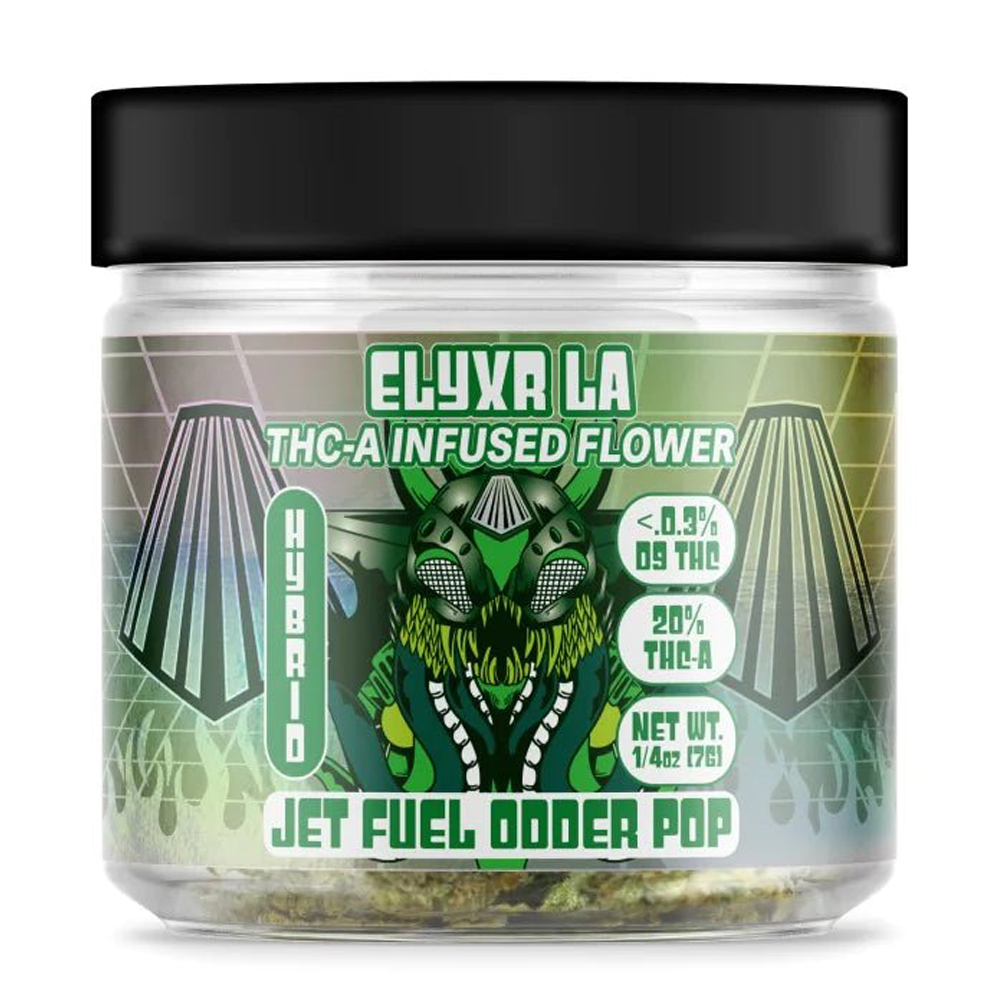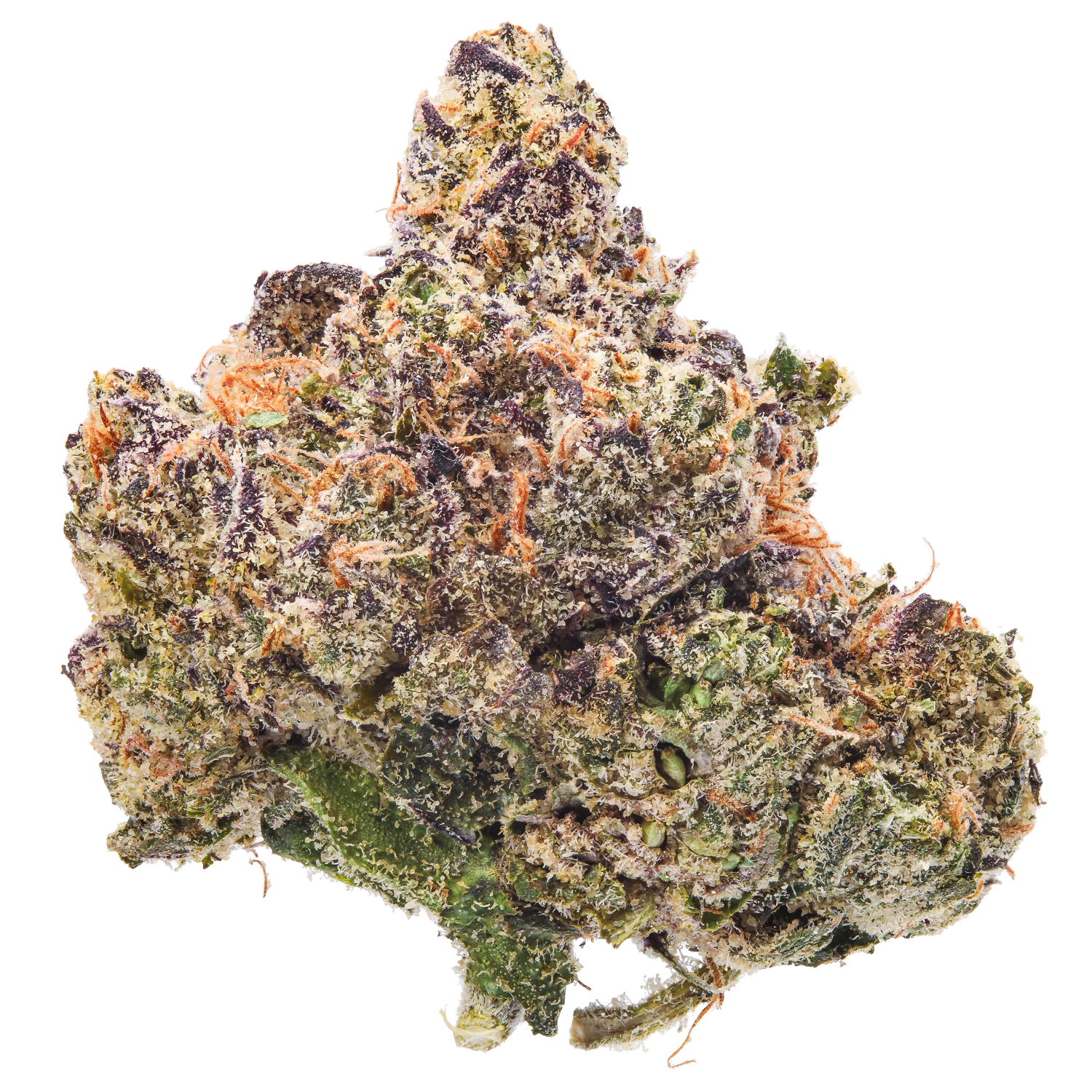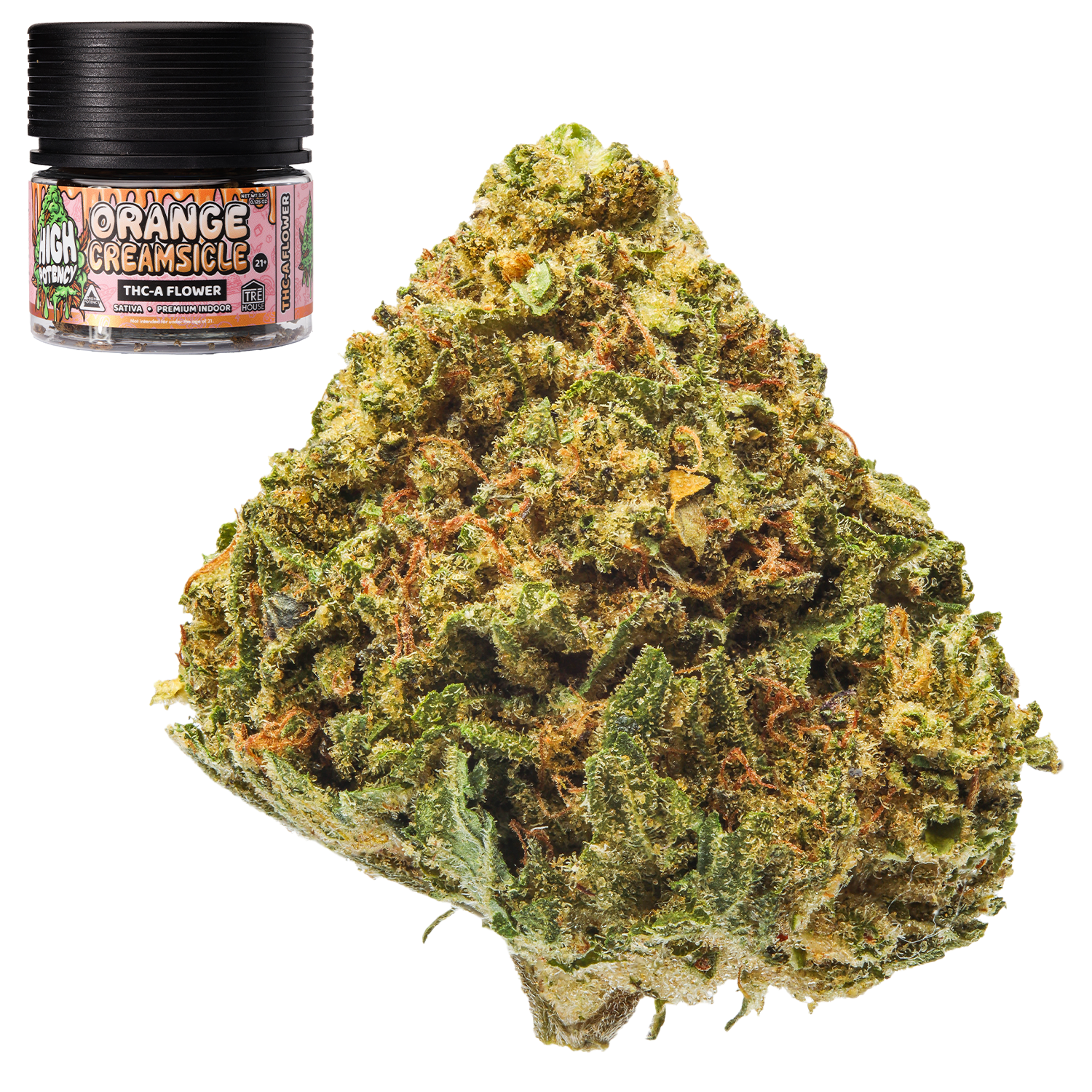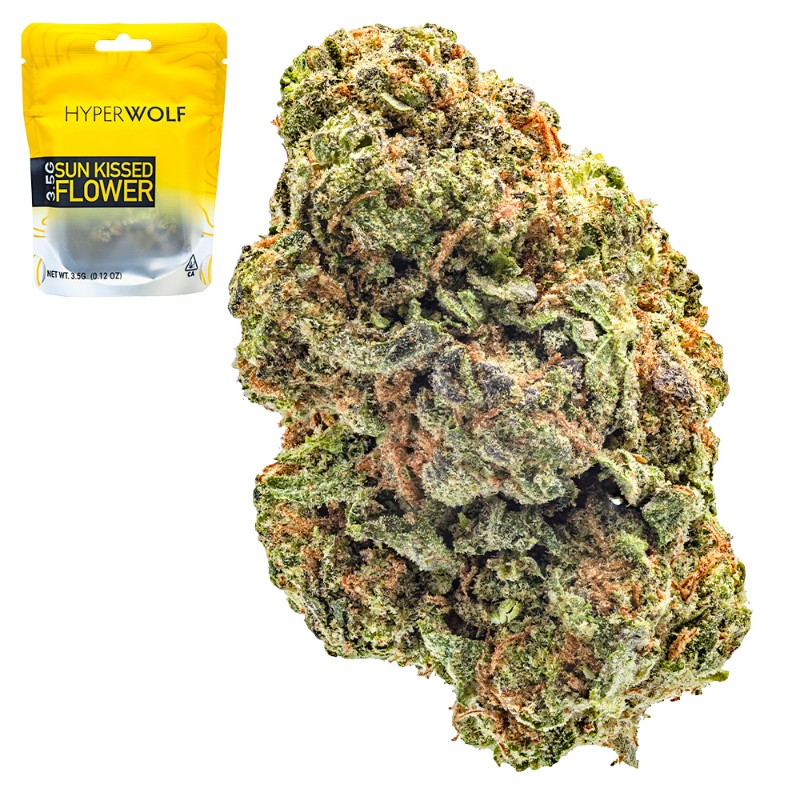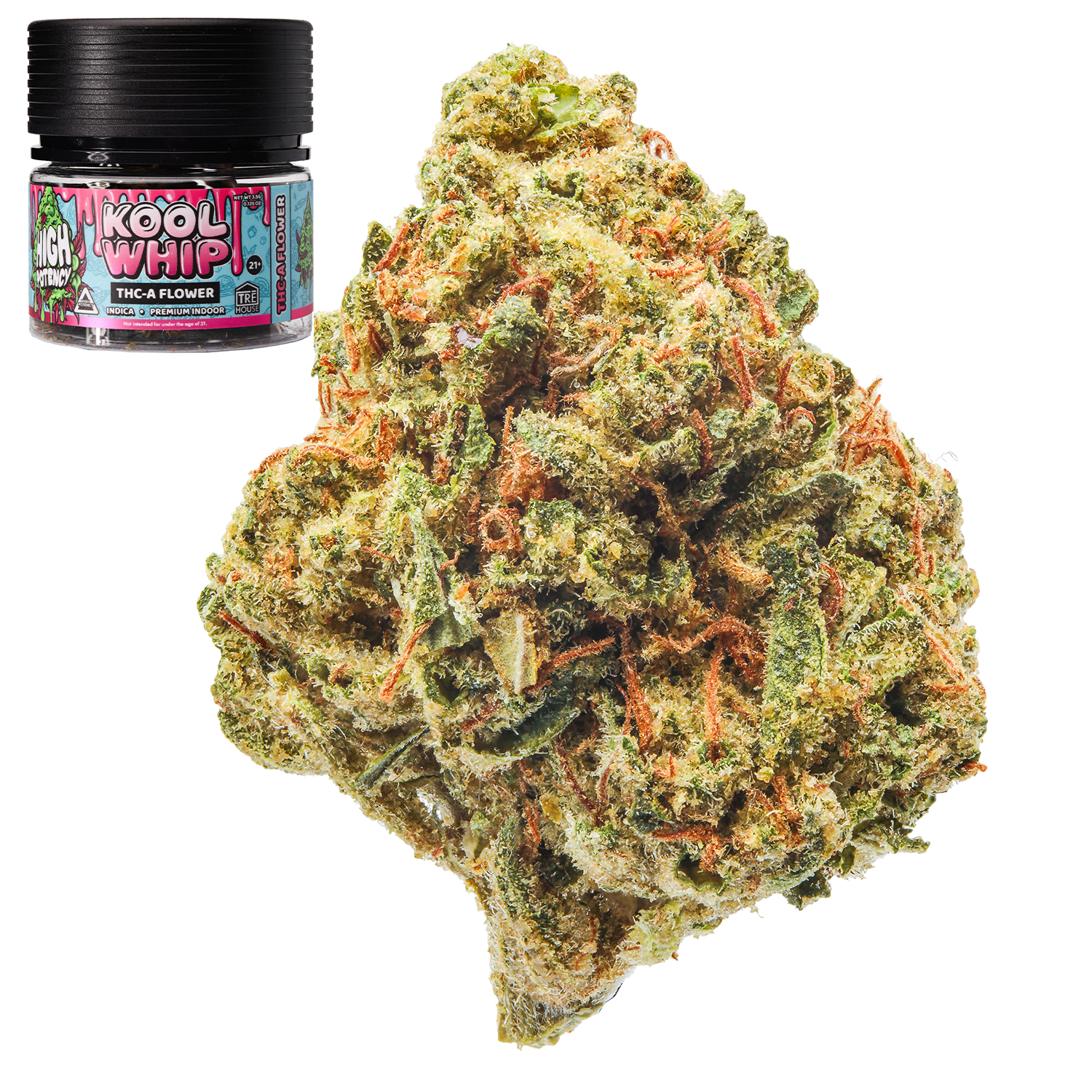In recent years, THCa (tetrahydrocannabinolic acid) from the cannabis plant has gained considerable attention in the Lone Star State, particularly among cannabis consumers and even wellness experts. But is THCa legal in Texas?
Often hailed as a recreationally legal avenue to consume cannabis, THCa is becoming a staple in the Texas market. As its popularity surges, so does the need to navigate the complex legal landscape that surrounds it.
The 2018 Federal Farm Bill played a pivotal role in shaping cannabis legislation, particularly around hemp-derived compounds, opening doors for many cannabis products while leaving gaps in clarity, especially concerning THCa. As consumers continue to explore and embrace THCa, understanding its legal status in various states, including Texas, becomes increasingly essential.
This blog aims to dive into the legality of THCa in Texas, providing insights into state and federal laws to help readers make informed decisions about their use of this up-and-coming cannabinoid. Let’s begin!
Understanding: Is THCa Legal in Texas?
THCa, or tetrahydrocannabinolic acid, is a cannabinoid found in raw and live cannabis plants. Unlike its well-known counterpart THC (tetrahydrocannabinol), which is responsible for the cannabis high we all know and love, THCa does not produce any intoxicating effects in its natural form. This allows for a legal loophole in regards to recreational sales.
Chemically, THCa is the precursor to THC; it transforms into THC when heated through a process known as decarboxylation. This chemical transformation is key in differentiating the intoxicating qualities of THC from the non-euphoric nature of THCa.
Emerging research suggests that THCa may offer a variety of potential health benefits, ranging from anti-inflammatory and neuroprotective properties to anti-emetic and antiproliferative effects, which can be valuable for wellness and medical applications.
While comprehensive research is still in its early stages, the THCa industry is witnessing ongoing developments, particularly as consumer interest grows in both medical potential and recreational use. Enhanced understanding and continued study of THCa can potentially lead to significant breakthroughs in the health and wellness sectors, offering new, non-psychoactive alternatives derived from cannabis.
Legal Framework in Texas
Texas is known for its stringent cannabis laws, which continue to evolve as national perspectives change. Currently, cannabis laws in Texas distinguish markedly between medical and recreational use. While medical marijuana use is permitted under the Texas Compassionate Use Program, it is restricted to low-THC cannabis, where THC levels must not exceed 1%. In contrast, recreational use of marijuana remains illegal, with harsh penalties for possession and distribution.
The legal landscape surrounding THCa is intricate, with Texas law aligning with federal regulations in classifying hemp derivatives. Cannabinoids such as THCa derived from hemp are permitted, provided the THC level does not exceed 0.3%. This alignment stems from the 2018 Farm Bill, which legalized hemp-based products at the federal level.
Recent legislative efforts in Texas aim to clarify cannabis laws, though proposals specific to THCa have yet to gain traction. As the legislative dialogue continues, advocates push for reforms that could include comprehensive guidelines surrounding THCa.
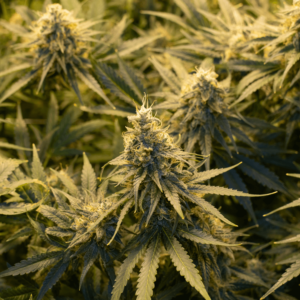
Looking Ahead: Future of THCa Legislation in Texas
As we look to the future of THCa hemp flower legislation in Texas, several potential developments may shape the legal landscape. The growing trend towards cannabis reform across the United States suggests that Texas could eventually reconsider its stringent policies, potentially easing any remaining restrictions on THCa flower and other hemp-derived THCa products.
Advocacy groups and cannabis reform movements continue to push for change, emphasizing the importance of clarity and consistency in legislation. These organizations are particularly focused on creating a framework that distinguishes between intoxicating and non-intoxicating cannabinoids, like THCa, which offers potential benefits without the psychoactive effects.
Public perception plays a crucial role in driving legislative changes. As education around cannabis and its compounds increases, more Texans are beginning to understand the nuances of cannabinoids and their diverse applications. This shift in perception could lead to greater public support for more permissive laws, thus encouraging lawmakers to explore revisions to existing statutes.
Experts in the field argue that increased awareness and understanding of THCa’s potential benefits could pave the way for more informed discussions in legislative chambers, promoting laws that reflect current scientific insights and societal needs.
Overall, the future of THCa laws in Texas is intertwined with broader cannabis reform efforts, public education campaigns, and expert advocacy. As these elements converge, they may spur meaningful legal changes, allowing Texas to align more closely with the evolving national and global cannabis landscape.
Conclusion
In summary, understanding the current state of THCa legislation in Texas requires navigating the interplay between state and federal law.
We explored the distinction between THCa and THC, highlighting their different effects and potential health benefits. The legal framework in Texas, heavily influenced by the 2018 Farm Bill, allows for hemp-derived cannabinoids under strict THC limits, yet lacks specificity when it comes to THCa.
Looking forward, the momentum for cannabis reform, coupled with growing public awareness, suggests potential shifts towards more inclusive policies. It is imperative for consumers and advocates to remain informed about the evolving legal landscape, as legislative changes could impact availability and usage.
For further detailed information and updates, readers are encouraged to explore resources such as the Texas Department of Public Safety, and advocacy groups like Texas NORML, which provide comprehensive insights into cannabis laws and ongoing reform efforts in Texas.
Frequently Asked Questions
1. Is it legal to possess THCa in Texas?
In Texas, THCa flower derived from hemp is legal as long as the THC level does not exceed 0.3%. This is in accordance with the federal regulations under the 2018 Farm Bill, which permits hemp products with low THC content. However, it is essential to remain informed about the specific product details and legal stipulations, as state law continues to evolve.
2. What states banned THCa?
Regulations regarding THCa within the cannabis industry can vary significantly across states, and some may have stringent controls similar to those for THC. It is essential to consult up-to-date resources or legal experts in each state to understand the specific restrictions or bans concerning THCa.
3. Will you fail a drug test with THCa?
THCa itself does not cause a high and is not typically tested for in drug screenings, which usually focus on THC. However, THCa can convert to THC when exposed to heat, potentially leading to detectable levels of THC in the body. This possibility means there can be a risk of failing a drug test, depending on the type of test and how much THCa has been consumed.
4. Can THCa cause a high?
THCa is non-psychoactive in its raw form and does not cause a high unless it is heated. Note that the intoxicating effects of cannabis are associated with THC. However, if THCa from the hemp plant is heated or decarboxylated, it can convert into THC, which is psychoactive, and this process will lead to experiencing a high. This transformation typically occurs at elevated temperatures, such as when smoking or cooking hemp-derived products.





